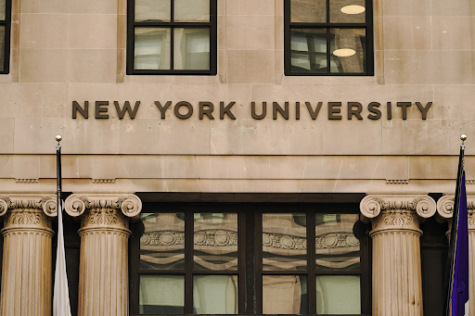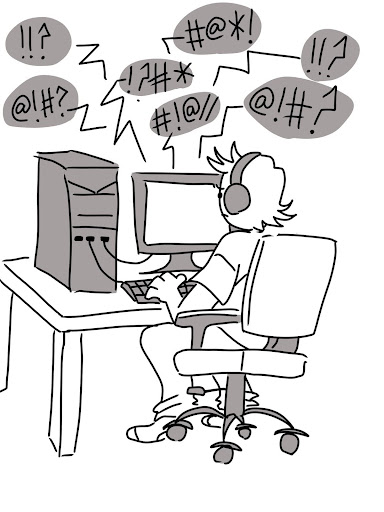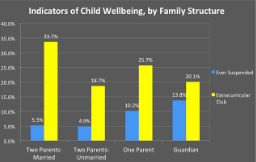Cancel culture: Has our generation gone too far?
In American society, citizens have the right to grieve, protest, readdress, etc. It’s a Constitutional right and without such, we probably wouldn’t be able to imagine how much corruption could occur because people can’t fight their federal or local government on select, unfair policies. We’ve viewed the execution of the right in media like Legally Blonde 2 to real life, with people protesting certain props, or acts and gathering signatures. Similar to how even past CHHS students created a petition to get the school name changed, and were successful.

(Getty Images)
But has this act gone too far? Some might answer yes.
Last Spring, about 80 New York University (NYU) students banded together to form an 11 page list of grievances as well as a petition against their infamous organic chemistry professor, Maitland Jones, and how he taught the course. In August of this year, NYU responded by terminating Jones and stated that this wasn’t the only factor that played into his firing, but also the fact that Jones consistently had the lowest evaluation score from students, compared to every other science related professor at NYU.
Before his termination, Jones had been a professor teaching chemistry for more than 60 years now, starting his career at Princeton University. The accredited chemist has created such a name for himself he even has his own textbook, yet his students still reported his teaching methods as outdated and “not receptive to questions” despite his job being meant to literally teach and answer questions in order to properly enrich the students going into debt to absorb his knowledge.
Organic chemistry is known to be a “weed out class” among students who plan on going the medical route in their career, to then narrow down the pool to people with brightness and perseverance to continue onward, you could say. The class is more than just difficult, but so hard to the point where students praise themselves for passing the class with a ‘D’ as if it was an ‘A’. However, there is a fine line between the class just containing extremely difficult contents, and not giving your students the education and effort that they are paying almost 70 thousand dollars yearly for.
Over the past few years, the world has seen how powerful these upcoming generations are becoming, especially with the advancement of technology and social media. They are fierce enough to challenge their authority when it comes to unfair standards and/or ideas set, yet receive horrible amounts of criticism when they do so. A New York Times journalist wrote “This one unhappy chemistry class could be a case study of the pressures on higher education as it tries to handle its Gen-Z student body,” and people online have even claimed they’ve lost respect for NYU administration and “wouldn’t trust those students” if they were their doctor.
The esteemed university didn’t really bother to consider their students’ grievances and try to negotiate with Jones and his methods, and just fired him, basically ignoring all the complaints and suggestions from students that could’ve possibly sparked a new initiative among professors to provide a quality experience for students. Instead NYU admin cut back on their workload and just fired Jones, despite this being the admin decision, spectators to this whole incident have managed to paint the students as the villians in the situation, but how would you feel if one professor was almost ensuring that you aren’t doing your best in their class?
Even in Jone’s statement, he apologized to those who “cruised by” in his class because it wasn’t difficult enough, yet it seems like this whole thing has revolved around how “lazy” these newer generations are brought up to be. Though if these students were lazy, they wouldn’t be working towards a career that requires almost twelve or more years of school while juggling jobs, family ordeals, and other unpredictable aspects of life.
It seems like Generation Z has become a scapegoat for society while being passed down the burden of other problems in the world caused by past generations, and when trying to confront them, their efforts are seen not as true endeavors to make a positive change, but rather a part of some sinister plan, and in suite, tarnishing our image in our minds as to who we are and what we can do for the future of our society.
Your donation will support the student journalists of Canyon Hills High School. Your contribution will allow us to purchase equipment and cover our annual website hosting costs.


































